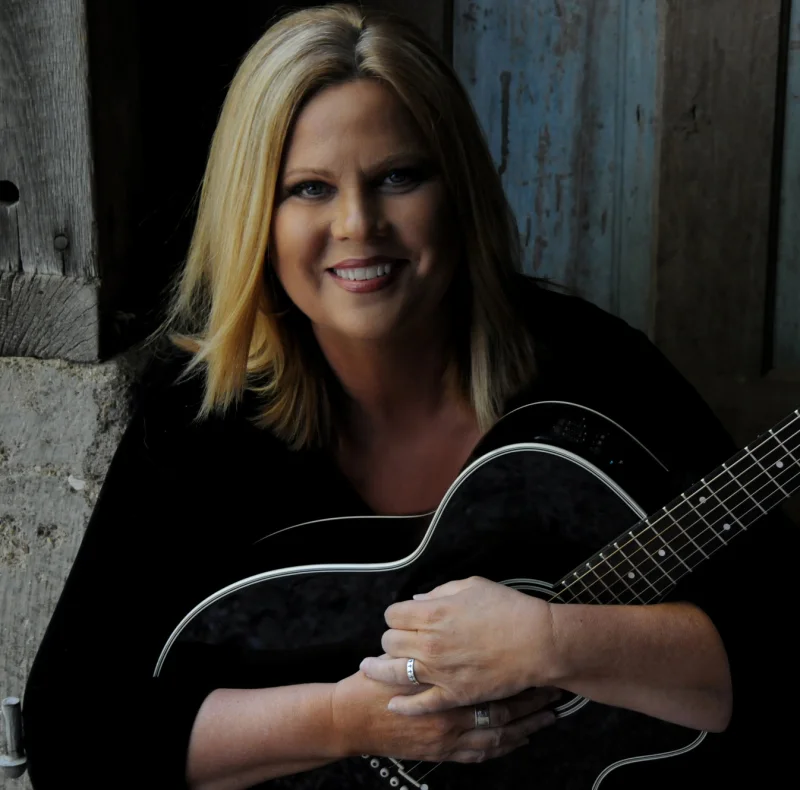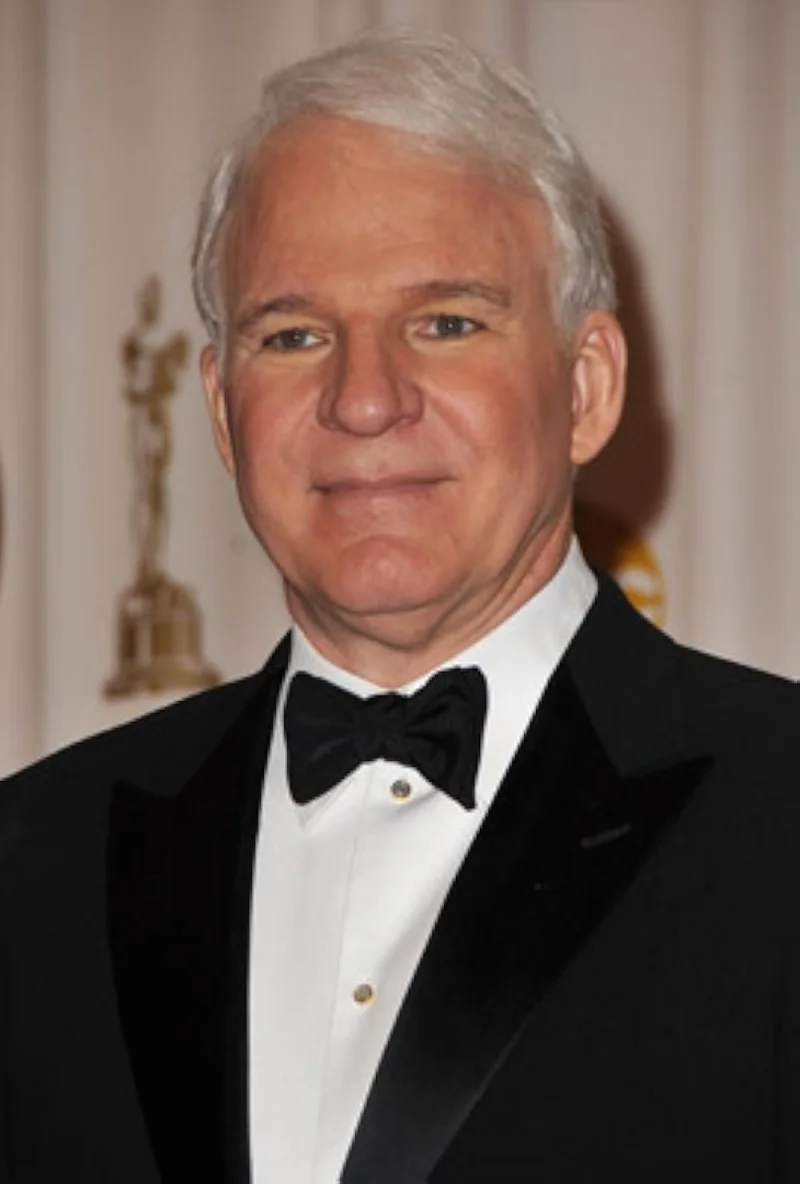Short Summary
Fairouz, born Nouhad Wadie' Haddad, is a legendary Lebanese singer and one of the most beloved and influential figures in the Arab music world. Her illustrious career spans over six decades, during which she has become an icon of Lebanese culture and Arab music. Known for her unique voice and emotional delivery, Fairouz's songs continue to resonate with audiences worldwide, making her a cherished symbol of Arab identity and resilience.
Early Life & Education
Born on November 21, 1934, in the quaint village of Jabal al-Arz, Lebanon, Fairouz grew up in a modest family. Her father, Wadie' Haddad, was a print shop worker, while her mother, Liza al-Boustani, was a homemaker. Her musical talent was evident from an early age, leading her to join the Lebanese Radio Choir in the late 1940s. Fairouz attended Saint Joseph School, where she was introduced to the basics of music. Her early influences included traditional Lebanese music and Western classical compositions, which would later shape her unique style.
Career Highlights
Fairouz's career took off in the 1950s when she collaborated with the Rahbani Brothers, Assi and Mansour, who composed many of her early songs. This partnership resulted in a series of hits that established her as a leading voice in Arab music. Her performances at the Baalbek International Festival in the 1960s further cemented her status as a cultural icon. Fairouz's repertoire includes over 800 songs and numerous musicals and operettas, making her one of the most prolific Arab artists of all time.
Major Achievements
- Recognized as a leading figure in Arab music, often referred to as the "Jewel of Lebanon."
- Performed in prestigious venues worldwide, including Carnegie Hall and Royal Albert Hall.
- Collaborated with prominent composers, contributing to the golden age of Arabic music.
- Received numerous awards and honors for her contributions to music and culture.
- Her songs played a significant role during the Lebanese Civil War, uniting people through music.
Famous Quotes
- "Music is something that connects us all, beyond language and borders."
- "I sing because I love, and that love is what I want to share with the world."
Interesting Facts
- Fairouz has recorded over 800 songs in various languages, including Arabic, French, and English.
- She made her first public appearance at the age of 15 on Lebanese radio.
- Her collaboration with the Rahbani Brothers was pivotal in shaping her musical style.
- Fairouz's music is often associated with themes of love, nostalgia, and patriotism.
- Despite being a public figure, she maintains a private life, rarely giving interviews.
Legacy / Influence
Fairouz's influence on Arab music is immense, with her songs continuing to inspire generations of musicians and fans. Her unique style and voice have transcended cultural and political boundaries, making her a symbol of unity and peace in the Arab world. Her legacy is preserved through her timeless music, which remains deeply ingrained in the cultural fabric of Lebanon and beyond.
FAQ
Q: Why is Fairouz famous?
A: Fairouz is famous for her contributions to Arabic music and her iconic status as a Lebanese cultural figure.
Q: What are some of Fairouz's most popular songs?
A: Some of her most popular songs include "Nassam Alayna al-Hawa," "Bint Al-Shalabiya," and "Sa'altak Habibi."
Q: How has Fairouz influenced Arab music?
A: Fairouz has influenced Arab music through her unique voice, innovative collaborations, and the emotional depth of her songs, which resonate with audiences worldwide.













